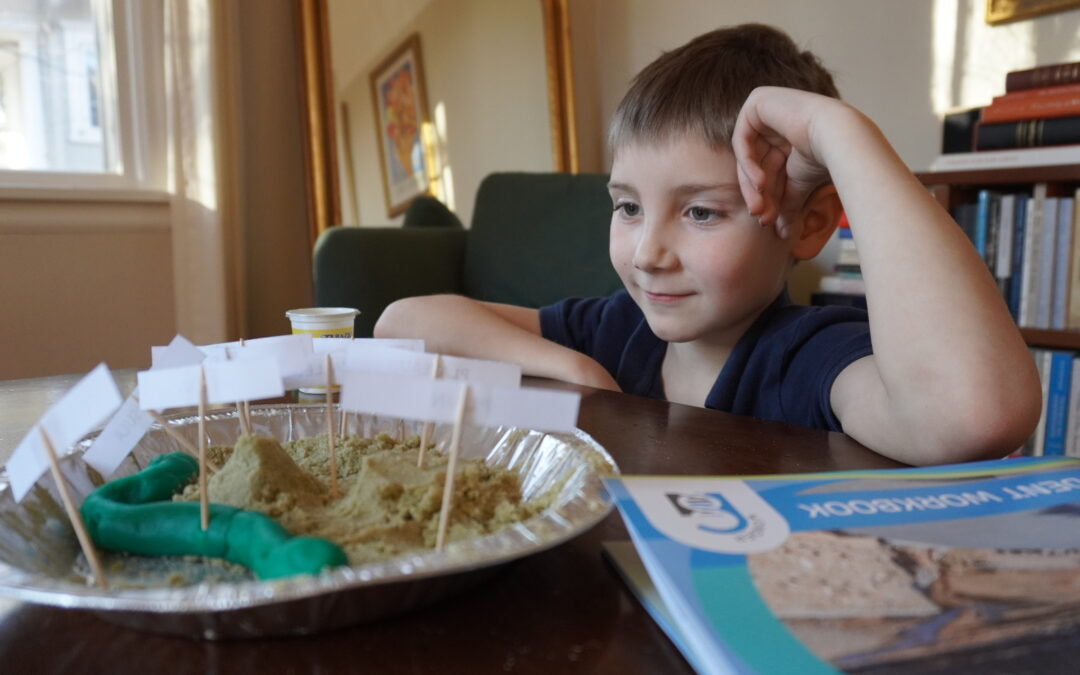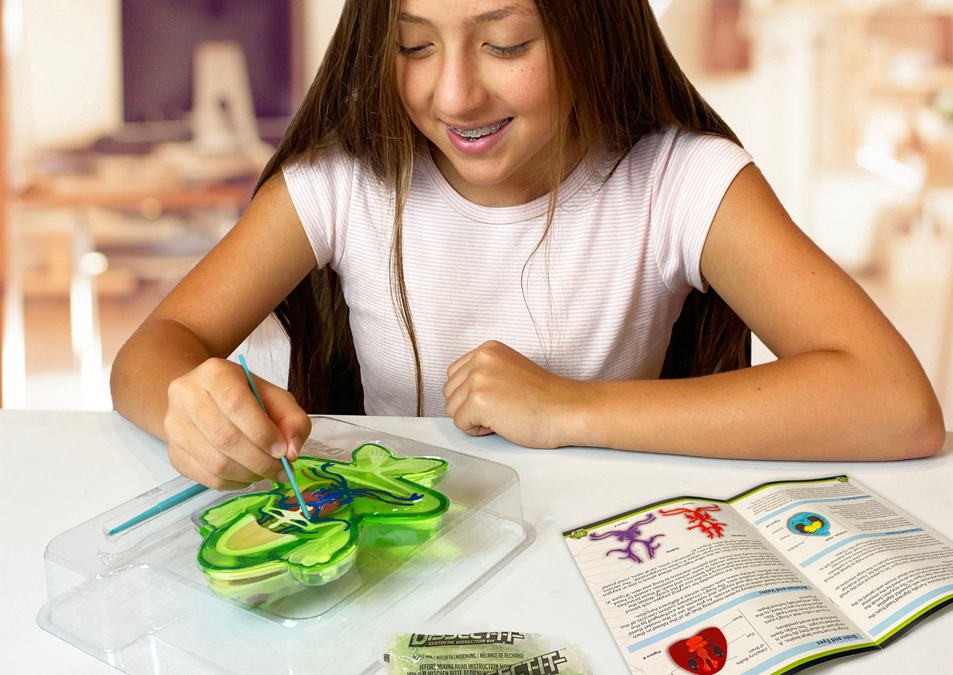To understand the daily weather, you should know what some of the basic clouds types are and what kind of weather they usually bring. Note that Cirro/Cirrus are high-altitude clouds, while alto are mid-range clouds. Here’s your weather forecasting science lesson!
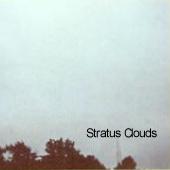
Stratus: low-altitude, densely foggy clouds that can result in a light drizzle of rain or an overcast sky.
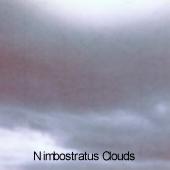
Nimbostratus: rain and snow clouds. These are low-lying clouds that are distinguished by their darker color; they also often have visible sheets of rain that extend from them. ‘Nimbus’ means rain cloud. (Cumulonimbus clouds are thunderclouds.)
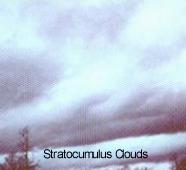
Stratocumulus: sheets of gray, puffy clouds that usually foretell bad weather.
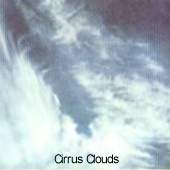
Cirrus: high-altitude ice clouds (formed by ice crystals instead of water droplets) that appear as wisps. These often mean good weather for the immediate future.
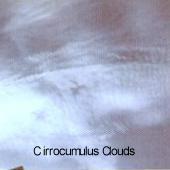
Cirrocumulus: high-altitude ice clouds. They look similar to lower altocumulus clouds: although they are in denser sheets and often have a lighter color, they have the same fish-scale or ripple look as altocumulus. They usually foretell precipitation and thunderstorms.
Barometric pressure is another way to forecast approaching weather. A low barometric pressure or falling barometric pressure shows a change in atmosphere that usually means a storm is coming.
A Cloud Chart is an excellent tool to learn to forecast the weather from observing the clouds. We sell a full-color chart that includes 35 cloud pictures with a description of the weather that is associated with each one.
Cloud pictures are the property of Cloud Chart, Inc. and are used with permission. Thanks for tuning into your weather forecasting science lesson! Check out more in Earth Science lessons.


